Leveraging Climate Finance for the Global South
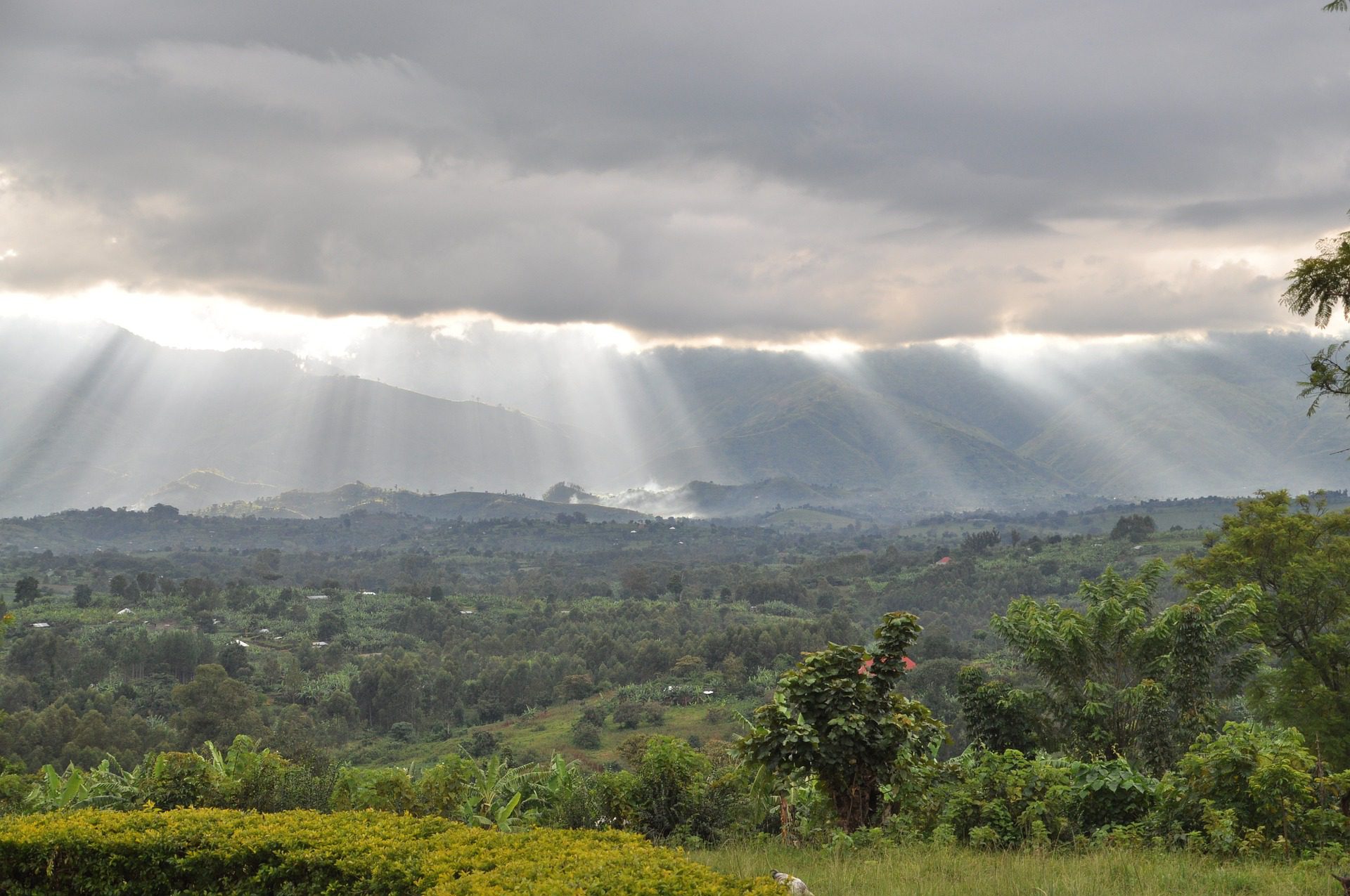
A Case Study of the Democratic Republic of the Congo
By Zuri Linetsky, Research Fellow
This article was published in the Georgetown Journal of International Affairs on April 5, 2023. It includes references to the Eurasia Group Foundation, now known as the Institute for Global Affairs.
At the end of July 2022, the Democratic Republic of the Congo (DRC) attracted global opprobrium when it announced an auction for oil and gas leasing rights to thirty parcels of land across its territory. The available blocks, covering 800,000 square kilometers, span the entirety of the DRC from the Atlantic coast in the west, to the mountains bordering Rwanda in the east and the national parks bordering Zambia in the south. They cover carbon sequestering peatlands, rainforests, and mountain gorilla habitats. The auction was initially opened to large publicly traded and investor-owned oil and gas companies and, in August, the DRC allowed bids from carbon credit and cryptocurrency companies.
The DRC did not hold this auction to tangibly bring about oil and gas exploration and cause an environmental catastrophe. Rather, this announcement was part of an attempt to leverage increased climate investment globally and reshape the global climate change conversation ahead of the annual United Nations global climate change summit (COP27).
To date, the DRC has not made good faith efforts to develop its oil and gas industry. Previous research demonstrates that the Congolese hydrocarbon sector is best understood as a tool for corruption and rent extraction, not as a viable industry for international investment. The DRC’s political elite are often not in office long enough to benefit from oil and gas investments, which can take a decade to show a profit. Instead, state officials make money while they are in public office by selling time for meetings and talks about the sector. Indeed, setting a meeting with a minister involved in the hydrocarbon sector can cost companies anywhere between $5000 and $9000. Working with a civil servant to obtain a map or land survey data about the DRC’s oil and gas reserves costs an estimated $75,000.
From 2008 through 2022, even when oil prices were at their highest—in 2008 oil reached a price of $140 per barrel—the DRC did not authorize any new oil and gas exploration; it only authorized contracting. This indicates that developing the Congolese hydrocarbon sector is not a national priority and that new oil and gas exploration is unlikely. Brent crude oil traded between US $100 and US $111 per barrel in April and May 2022 when the Congolese government initially publicized the auction. At these prices, the DRC’s estimated 16 billion barrels of oil would have yielded the Congo a $650 billion windfall. however, major oil companies that have attempted to work in the DRC in the past—including Chevron, TotalEnergies, and DIGOil—all declined to participate in its July 2022 auction.
…
Read more of Zuri’s article in the Georgetown Journal of International Affairs

Written by Zuri Linetsky
Zuri is a research fellow with the Independent America project at the Institute for Global Affairs.
Read more from Zuri
This post is part of Independent America, a research project led out by IGA senior fellow Mark Hannah, which seeks to explore how US foreign policy could better be tailored to new global realities and to the preferences of American voters.
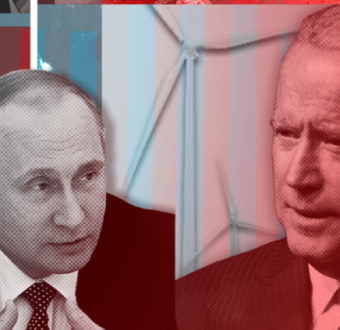
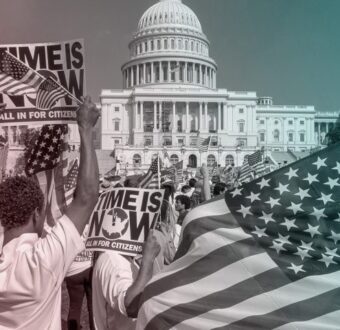
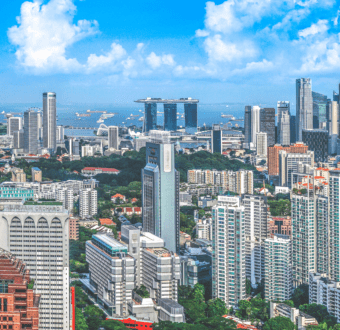
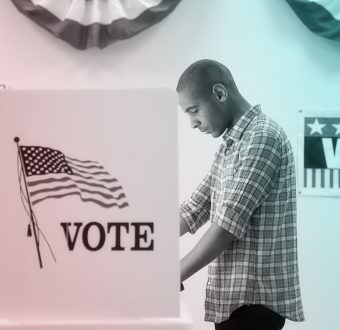

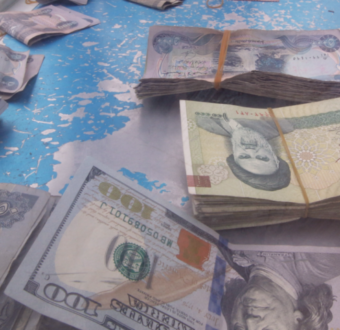



America Prepares for a Pacific War With China It Doesn’t Want